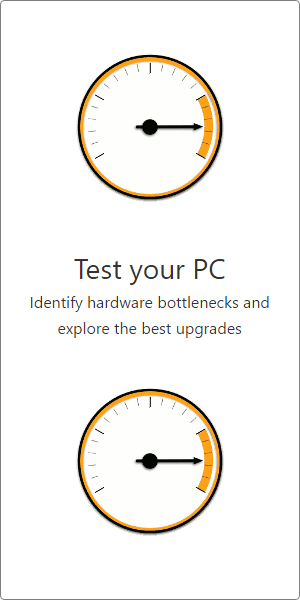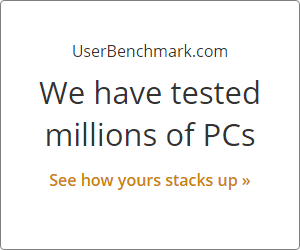Effective Speed
+21%
Poor: 113%
Great: 135%
SPEED RANK: 17th / 1468
| Effective Speed
Effective CPU Speed |
101 % | 122 % | Faster effective speed. |
Average Score
+29%
Overclocked Score
+30%
Value & Sentiment
+185%
Nice To Haves
+63%
Conclusion
Average Bench 101%
Average Bench 122%
User Builds
65,651
111
Systems with these CPUs
Top Builds that include these CPUs
Frequently Asked Questions
Processors FAQ
ALL FAQs »

 CPU
CPU
